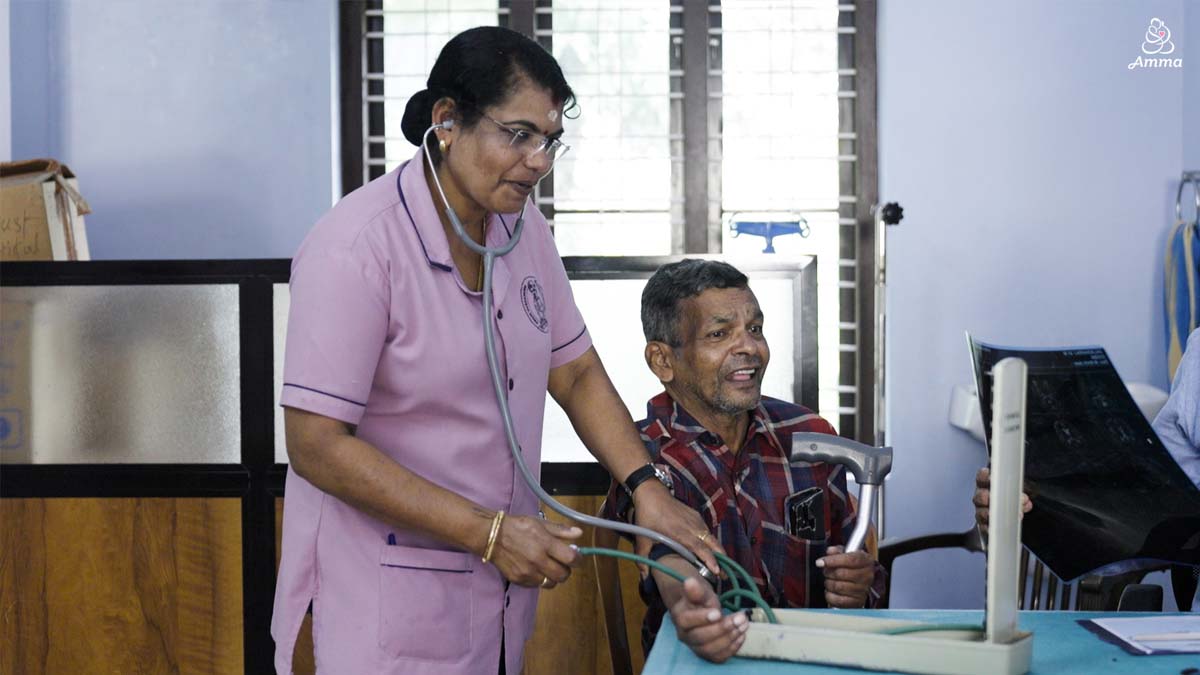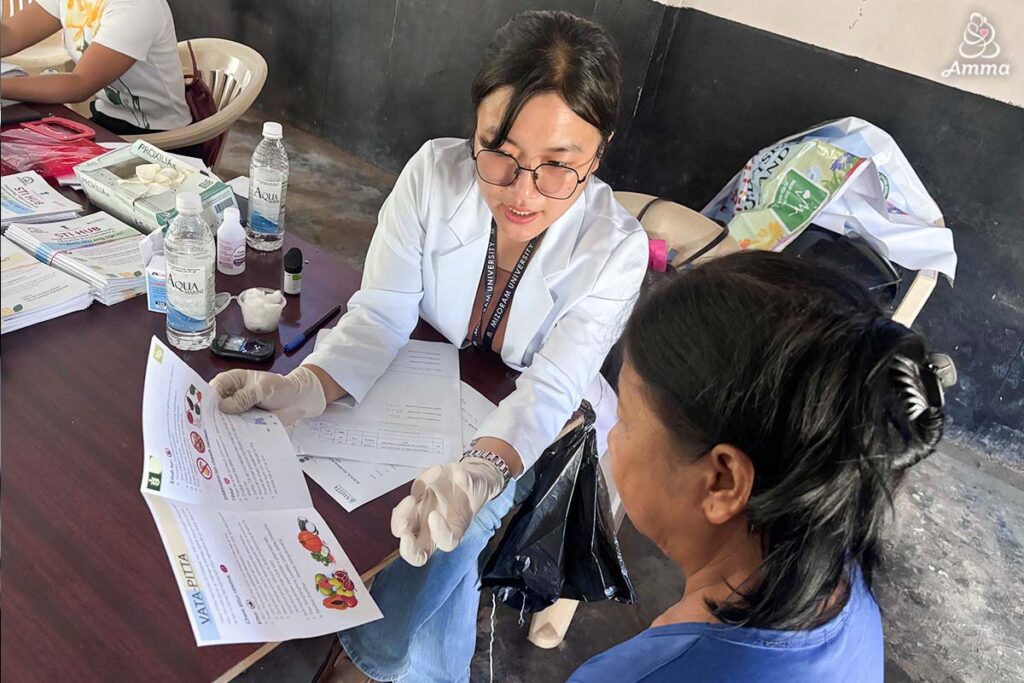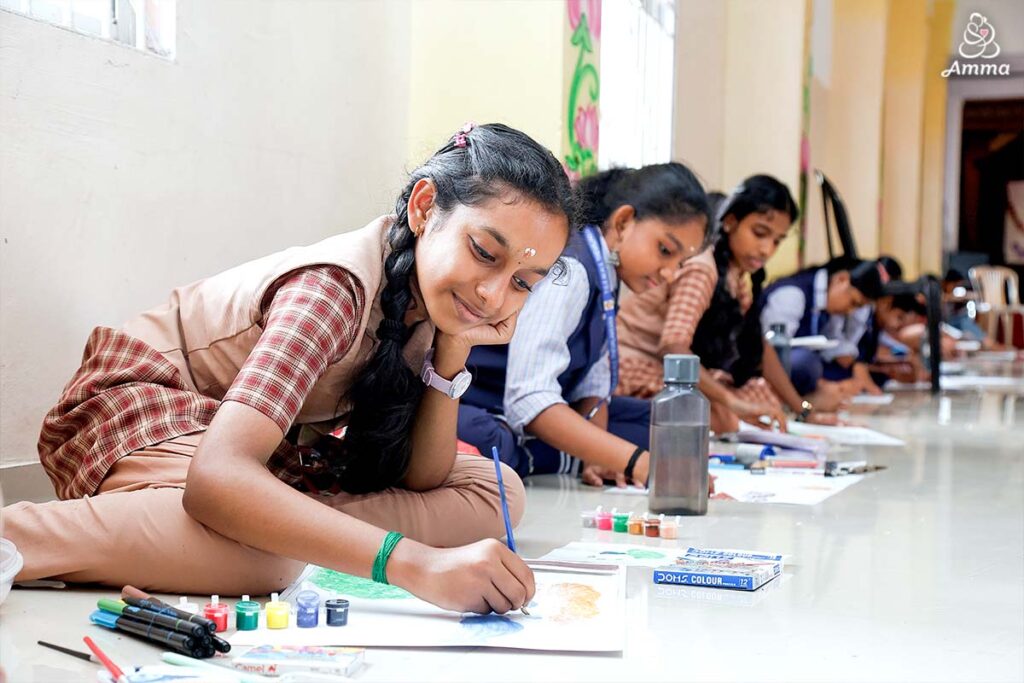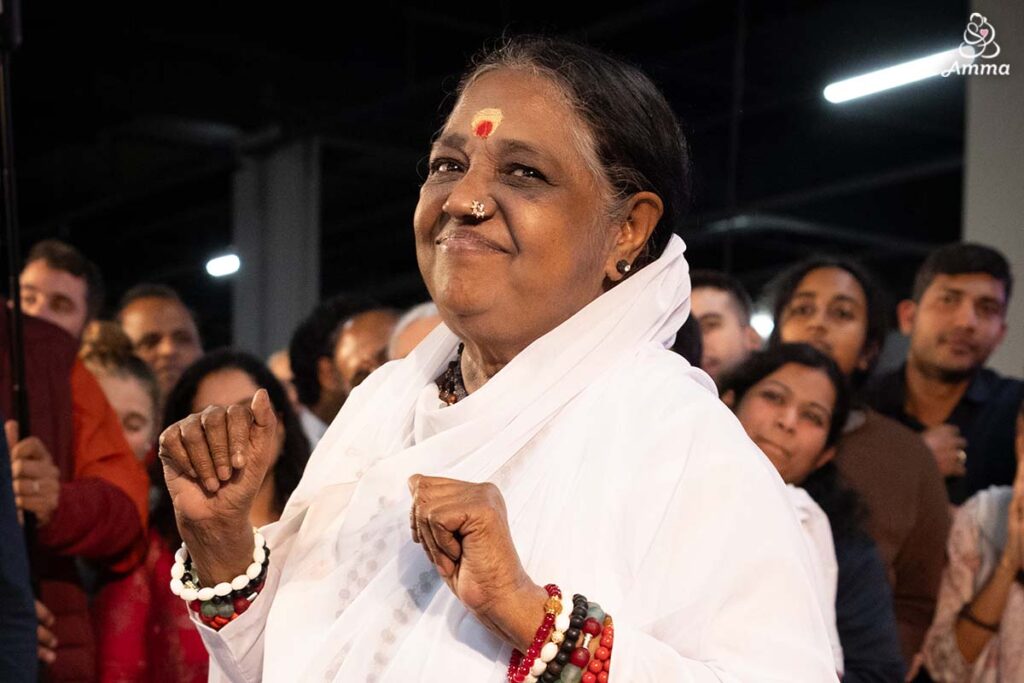Amrita Hopsital, Kochi partnered with the Swami Vivekananda Medical Hospital in Muttil, Wayanad to hold a free medical camp in the isolated area. The district is home to more than 150,000 tribal people in Kerala, by far the highest number in the state. At the same time, it has Kerala’s lowest population and is often seen as one of the least developed regions in India.
More than 200 patients from tribal communities came for treatment. Dr. Dhananjay Diwakar Sagdeo, Chief Medical Officer of Swami Vivekananda Medical Mission Hospital, inaugurated the camp, underscoring the commitment to community health.
Amrita’s medical teams included specialists for epilepsy, stroke medicine, and pediatric surgery. Dr. Siby Gopinath from the Advanced Center for Epilepsy, Dr. Vivek Nambiar from the Stroke Medicine Department, Dr. C Sreekumar from the General Surgery Department, and Dr. Sreenath were instrumental in leading the camp.
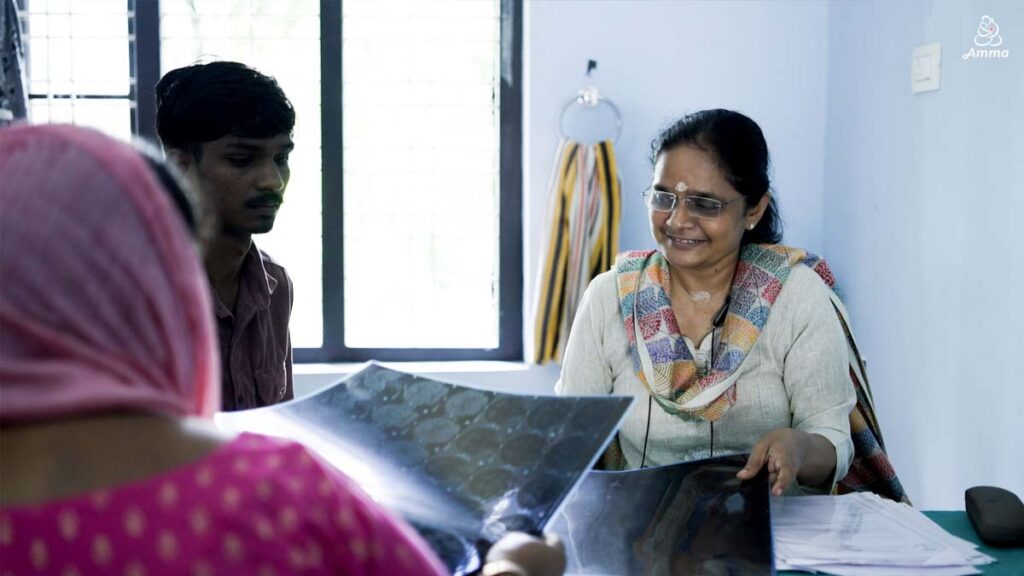
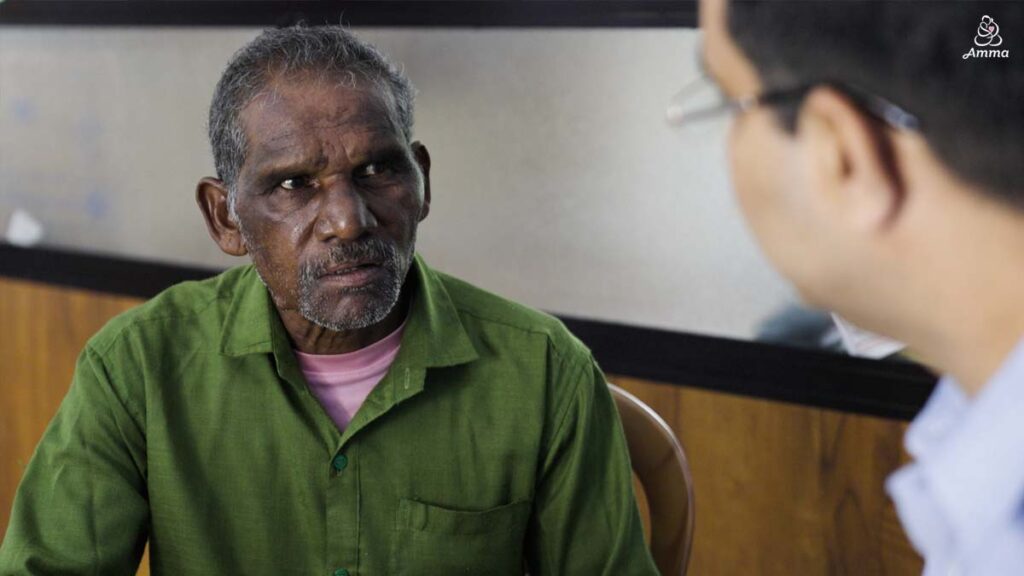
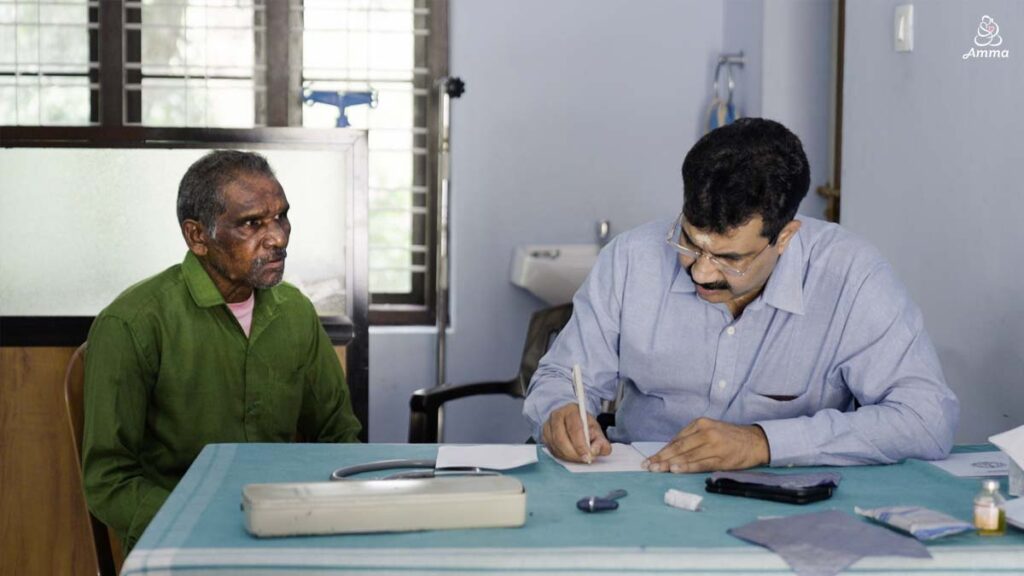

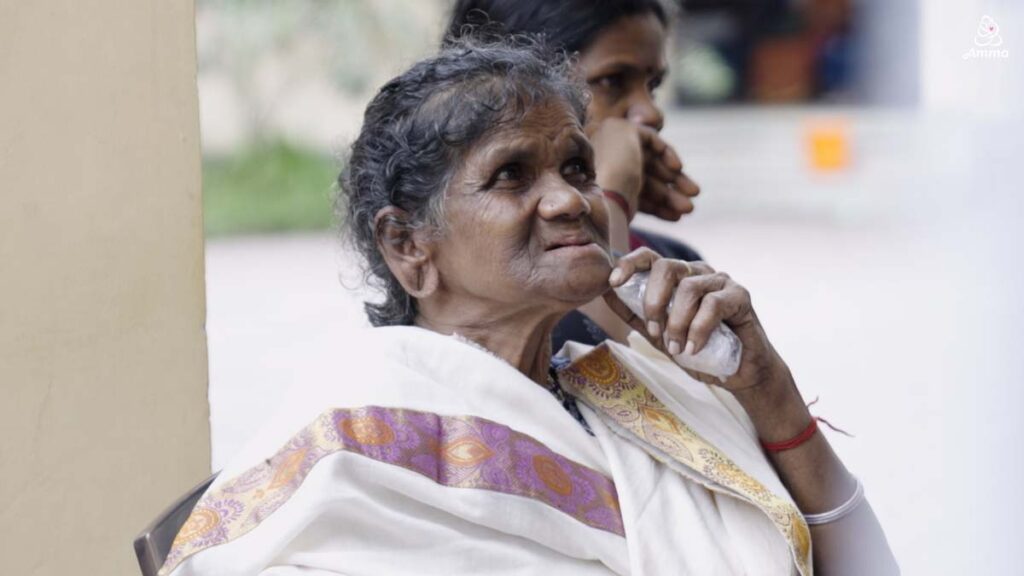
Amrita Hospital has long reached out to Wayanad’s tribal communities to provide them with advanced treatment. Epilepsy, for example, has been a key priority, as it is one of the most challenging illnesses in which to gain the trust of the people. Given their ancient belief systems, it is often misconceived as possession by demonic spirits.
“We highlighted that epilepsy is a disease like any other that affects the human body. This is a condition in the brain and with proper treatment and medication, it can be controlled and sometimes cured,” said Dr. Gopinath, who visits on a regular basis to reach epilepsy patients.
She explained they don’t have any other access to neurological treatment, as the general physician in the area had to refer serious cases to a medical college in Kozhikode, Kerala. By road, that is a four-hour journey, so not accessible for most of the local people who are impoverished.
“We saw about 50 patients with epilepsy. They were very glad to see that a doctor with proficiency in that specific disease is visiting them and imparting knowledge that empowers them. We are then able to provide them with solutions through free medications and follow-up treatments, as well as awareness,” she said.
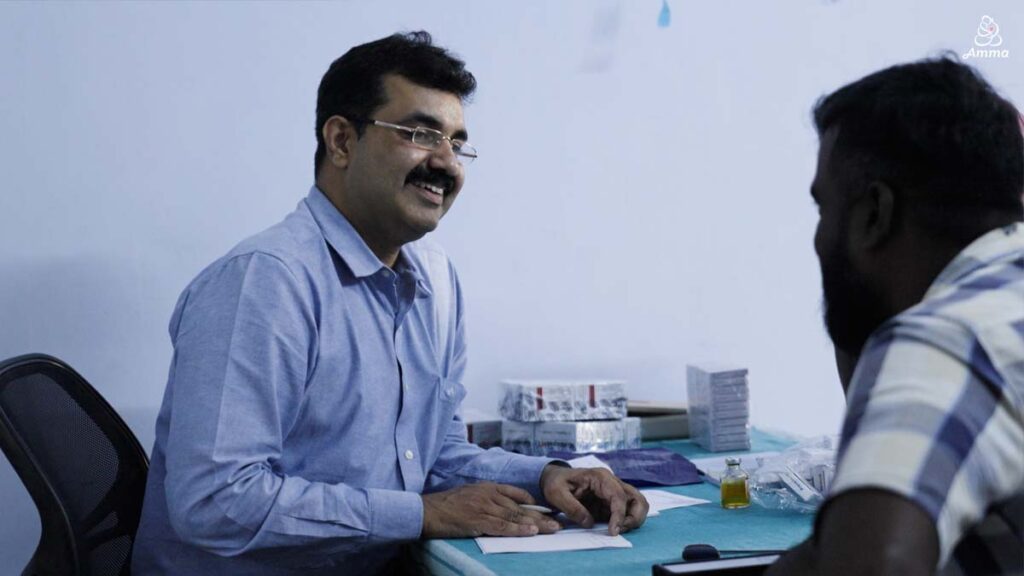
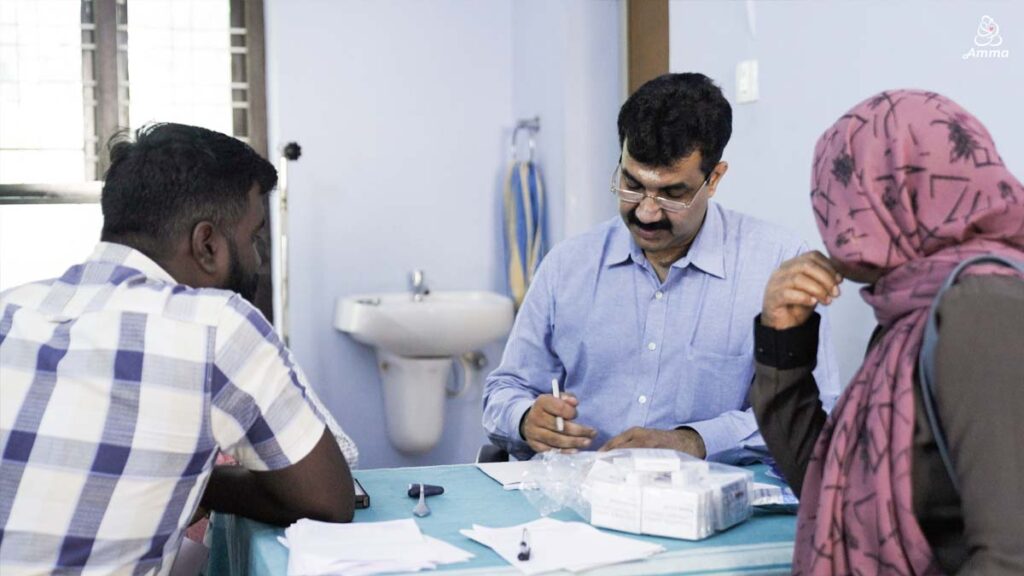
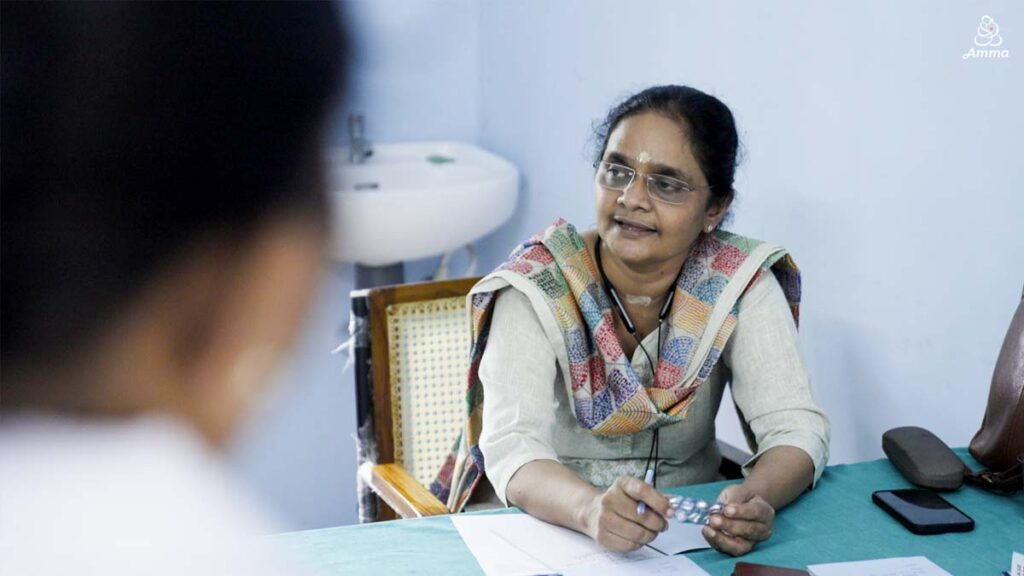
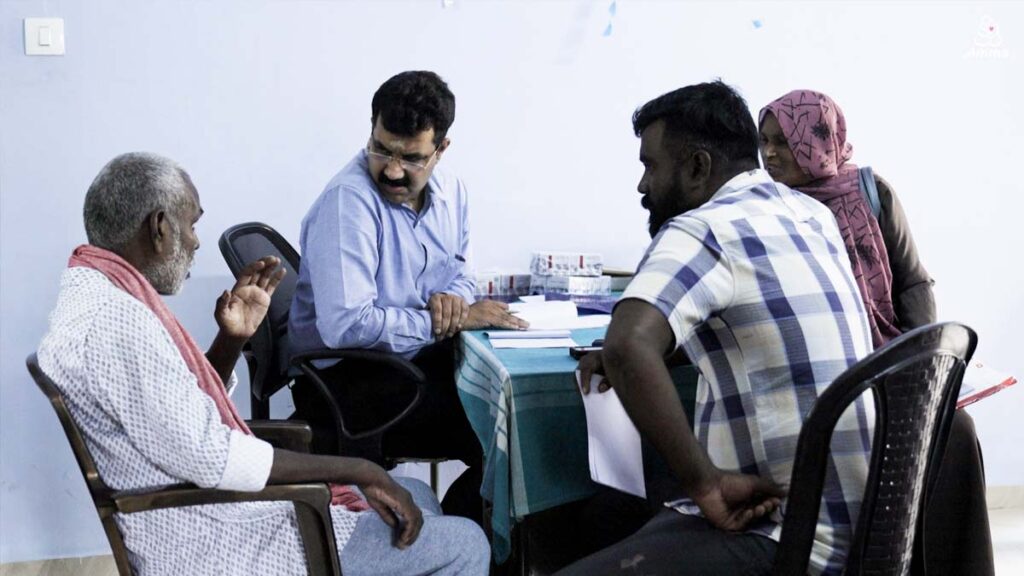
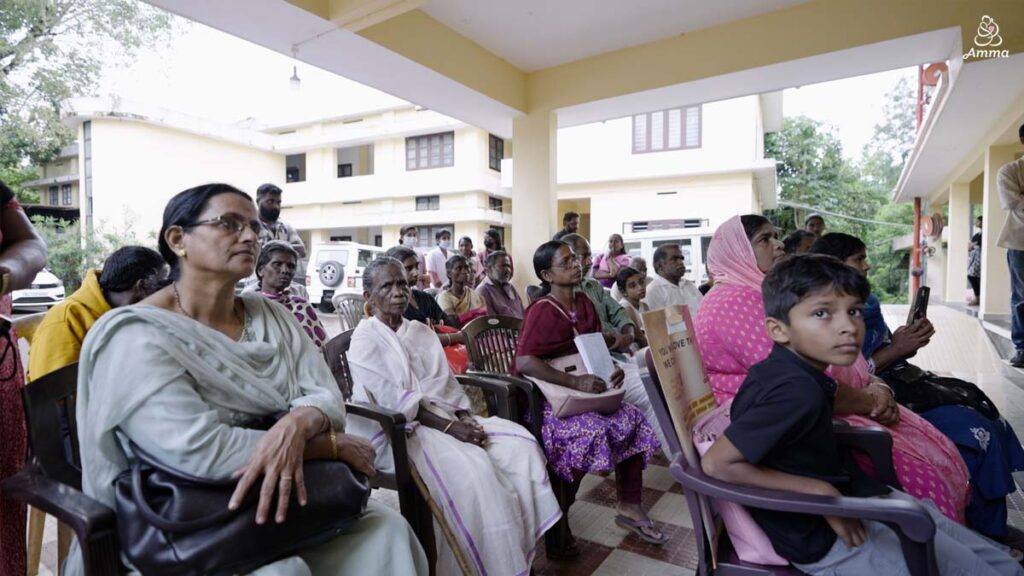
Overall, Amrita Hospital will provide free treatment for those can travel to its facilities in Kochi. It will also maintain its Telemedicine program there so local doctors can connect patients with specialists through mobile and satellite services. And, of course, Amrita’s specialists will continue their medical camps in Wayanad to meet with patients face-to-face, thus strengthening their health with constant and sustained care.
For Dr. Gopinath, it was also a personally inspiring camp, as one of her patients is from the village and came to help with dispensing medications.
“She had very severe epilepsy that did not respond to medical treatment. She was a teacher at the local school and was on the verge of quitting her job due to frequent falls and injuries. But then she heard about the Amrita Advanced Centre for Epilepsy,” she shared.
“Through evaluation at Amrita Hospital with various scans and intracranial electrodes, we were able to localise the epilepsy to one small part of her brain. With surgery, we removed that area, and since then she is seizure-free. Today, she has been completely off epilepsy medications for six years.”
By the end of the day, the camp was a fulfilling experience for the entire medical team, despite it being a seven-hour drive there and back in hilly terrain. At its foundation, they were able to witness the faith and gratitude the people of this remote tribal community expressed to be cared for with such compassion.


